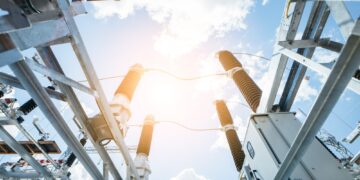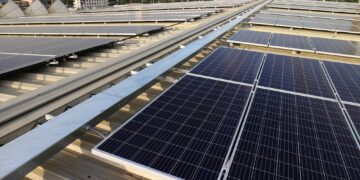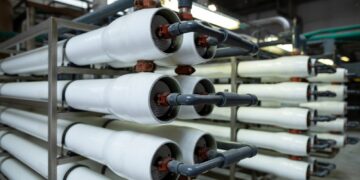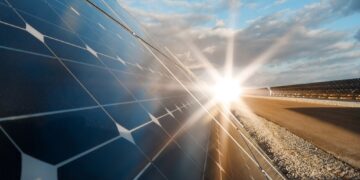Korea Electric Power Corporation (KEPCO) is poised to make a significant entry into the Middle Eastern renewable energy market. It has been selected as the final candidate for three major solar projects under Saudi Arabia’s 5th National Renewable Energy Program (NREP), announced by the Saudi Power Procurement Company (SPPC).
The projects include Al-Sadowi (2,000 MW), Al-Henakiya 2 (400 MW), and Rabigh 2 (300 MW), with a total estimated cost of 3.03 trillion won (approximately 2.3 billion USD). These initiatives will be executed under a Build-Own-Operate (BOO) model, allowing KEPCO to manage both construction and operation.
Upon securing these projects, KEPCO will enter into a 25-year power purchase agreement with SPPC. This move will not only enhance KEPCO’s role in the Middle Eastern renewable sector but also support Saudi Arabia’s plans to diversify energy sources and lessen oil dependency.
As South Korea’s leading electric utility, KEPCO is expanding its international footprint, aligning with its strategy to boost renewable energy capabilities. The company’s involvement in these Saudi projects is part of a broader effort to increase renewable energy’s share in the global energy mix.
Saudi Arabia’s NREP is a strategic initiative aimed at advancing renewable energy projects, with the 5th round focusing on solar power expansion. The BOO model allows KEPCO to build, own, and operate the solar facilities, ensuring long-term engagement through a power purchase agreement with SPPC.
SPPC plays a vital role in Saudi Arabia’s energy landscape by procuring power from independent producers and supporting new project developments to maintain a stable electricity supply.
Globally, the transition to renewable energy is accelerating as nations strive to cut carbon emissions. Solar energy, benefiting from technological advancements and cost reductions, is at the forefront of this shift. South Korea is actively participating in this transition, pursuing projects worldwide.
This collaboration between South Korea and Saudi Arabia is expected to strengthen economic and political ties, potentially leading to further cooperation in renewable energy initiatives.









